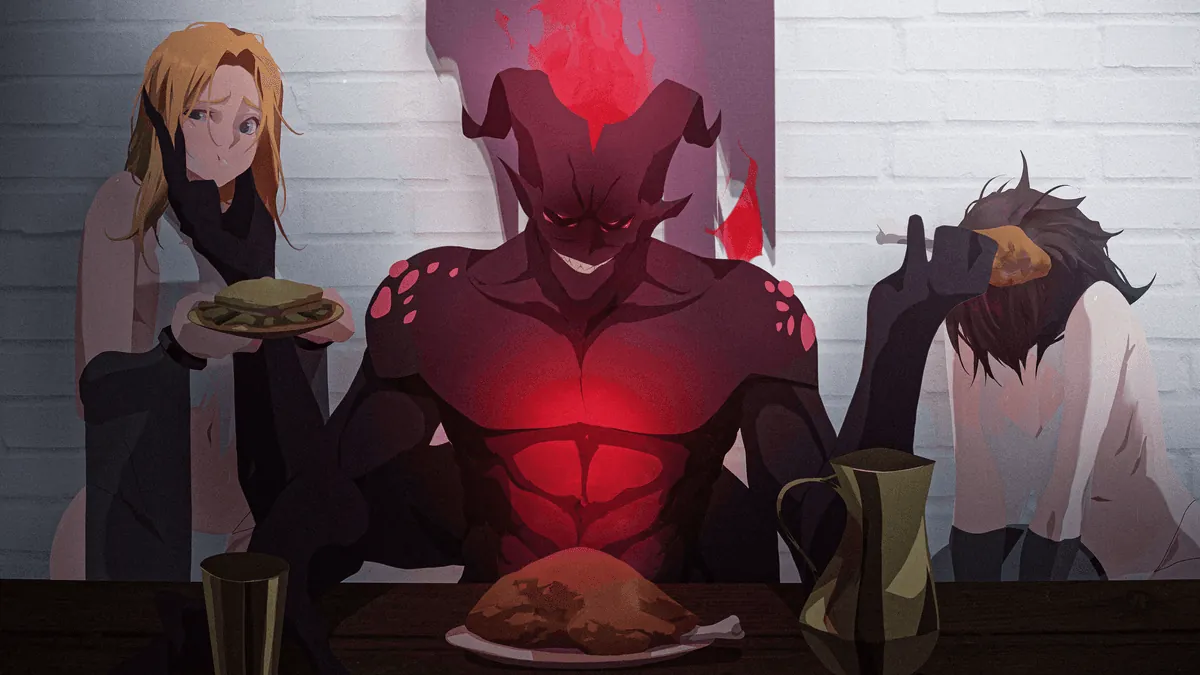
Play Avalon
Avalon review
An In-Depth Look at Avalon’s Mechanics, Strategy, and Player Experience
Avalon is a captivating game that blends secret identities, strategic decision-making, and social deduction. This article explores Avalon’s core gameplay, character dynamics, and how players can immerse themselves in its unique challenges. Whether you’re new or looking to sharpen your skills, understanding Avalon’s mechanics is key to enjoying this engaging experience.
Understanding Avalon’s Gameplay and Core Mechanics
How Does Avalon Work?
Picture this: you’re sitting around a table with your friends. 😊 Everyone seems friendly, but you know for a fact that at least two people in the group are secretly plotting your downfall. 🕵️ That’s the magic of Avalon. This isn’t a game about rolling dice or moving pieces; it’s a social experiment in trust, deception, and deduction. The core Avalon game mechanics are elegantly simple, yet they create an incredibly complex web of player interaction.
At its heart, Avalon is a battle between the forces of Good (Loyal Servants of Arthur) and Evil (Minions of Mordred). The good team wins by successfully completing three out of five quests. The evil team wins if three quests fail, or if they can correctly identify and assassinate the hidden leader of the good team, Merlin, at the game’s end. 🏆 Every single action, from a subtle glance to a passionate argument, is part of a larger Avalon gameplay strategy. I remember one game where a player was so convincingly good that we trusted them completely, only to discover they were the traitor all along—a betrayal we still talk about years later!
The entire experience is driven by the Avalon secret roles each player receives at the start. You look at your card, know your team, and then… you lie. Or you tell the truth. But everyone else is doing the same, and that’s where the genius of the Avalon player interaction truly begins. You have to listen not just to what people say, but how they say it, who they defend, and who they accuse.
Roles and Secret Identities Explained
The soul of the game lies in the characters. Knowing who is who—or rather, not knowing—is the entire point. The Avalon secret roles create a delicious layer of paranoia and intrigue. You can’t just trust your best friend; you have to question everyone. On the good side, you have the humble Loyal Servants and the powerful Merlin. Merlin knows who the evil players are, but must guide the good team without revealing his identity, because if the evil team finds him, they win. It’s a terrifyingly delicate balancing act.
The evil team is where things get really interesting. The Minions of Mordred know each other, allowing them to coordinate their deception. Then you have the Assassin, whose sole purpose in the final phase is to kill Merlin. The Avalon Assassin role is arguably the most pressure-filled position in the entire game. I’ve seen players with a perfect poker face suddenly sweat when it comes time to make that fateful guess. Other roles like Morgana (who appears as Merlin to the good Percival) and Oberon (an evil player who doesn’t know his teammates) add even more wonderful chaos to the mix.
Here’s a quick overview of the key players and their goals:
| Role | Team | Primary Objective |
|---|---|---|
| Merlin | Good | Guide the good team to victory without being discovered. |
| Percival | Good | Identify the real Merlin between two potential candidates. |
| Loyal Servant | Good | Help good succeed by deducing who the evil players are. |
| Assassin | Evil | Correctly identify and assassinate Merlin at the game’s end. |
| Morgana | Evil | Appear as Merlin to Percival to mislead the good team. |
| Minion of Mordred | Evil | Sabotage quests and conceal the identities of the evil team. |
Understanding these roles is the first step to mastering Avalon gameplay strategy. Whether you’re good or evil, your entire approach depends on the information you have—and the information you can convincingly fake.
The Quest System and Voting Process
This is where the game’s engine comes to life. The Avalon quest system is a five-round structure where each round represents a quest. In each round, a player is designated as the Leader. 🤴 This leader proposes a team of a specific size (which varies by round and player count) to go on the quest. This is the first critical moment in the Avalon voting process.
Everyone at the table then votes, publicly, to either approve or reject the proposed team. A majority of “approve” votes sends the team on the quest. If the team is rejected, the leadership passes to the next player, and they must propose a new team. This can happen up to five times per quest; if a fifth proposal is rejected, evil automatically wins that quest! This rule prevents endless stalemates and adds immense pressure to build consensus.
Once a team is approved, the real action happens. The chosen players secretly vote on the quest’s success. Each player receives a “Success” and “Fail” card. Loyal Servants must always play Success. 😇 Minions of Mordred, however, face a strategic choice: they can play Success to appear innocent, or they can play Fail to sabotage the quest. 🚫 Only one Fail card is needed for the entire quest to fail (except in the 4th round of a 7+ player game, which requires two Fails). The results are then revealed, and the table erupts into a fresh wave of analysis, accusation, and deduction.
Pro Tip: As a good player, pay close attention to who is eager to go on a quest versus who seems hesitant. An evil player might push to be on a team just so they have the chance to sabotage it.
Let me give you an example from a recent game. It was the second quest, requiring three players. The leader, Sarah, proposed herself, Tom, and Chloe. The vote passed. The quest cards were revealed: one Fail card. The quest had failed! The immediate suspicion fell on Tom, as he was the most quiet and had been on the first (successful) quest. But here’s the twist: because Sarah was the leader and chose the team, she could have included herself and another evil player to guarantee a fail. The Avalon quest system isn’t just about the secret vote; it’s about the social dynamics of team selection. This single failed quest made us question everyone’s motives for the rest of the game, showing how powerful the Avalon voting process can be.
Mastering these Avalon game mechanics is what separates novice players from legends. It’s about understanding that a “successful” quest proposed by an evil leader might just be a setup to gain your trust, and that a failed quest tells a story—you just have to be clever enough to read it. Every element, from the hidden roles to the public votes, feeds into a rich, unforgettable experience of Avalon player interaction that will have your group talking long after the game is over.
Avalon offers a rich blend of strategy, secrecy, and social interaction that keeps players engaged from start to finish. Understanding the roles, the quest system, and the voting mechanics is essential to mastering the game and enjoying its dynamic challenges. Whether you play as a Loyal Servant or a Minion, each round is filled with suspense and strategic depth. Dive into Avalon and experience the thrill of outsmarting your opponents while protecting your identity.





















